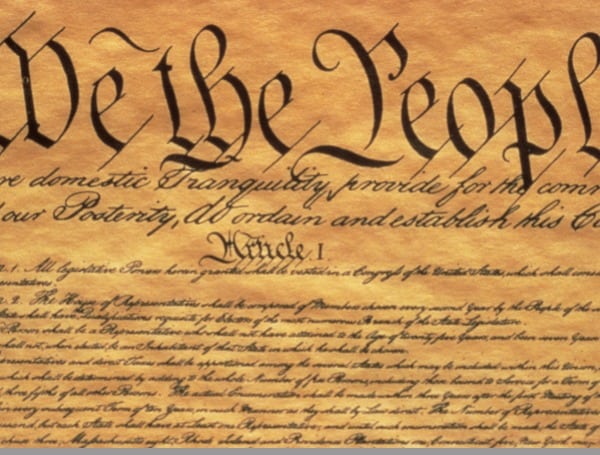This is an article in the continuing series of learning about the Constitution and our rights as American citizens.
Article One Section 8 of the Constitution
This section of the Constitution enumerates the specific powers granted to Congress. Congress is allowed to make laws only in areas granted to it. Congress is allowed to tax and spend money only for the general welfare of the people, common defense, and self-preservation (of the Congress itself).
Under the category of “general welfare” are things such as “to borrow money on the credit of the United States”, “to regulate commerce with foreign nations”, “to establish a uniform rule of naturalization and uniform laws on the subject of bankruptcies”, “to coin money”, “to fix the standard of weights and measures”, “to establish Post offices”, etc.
Congress has legislated a lot of things under the heading of “the general welfare”, but there are enumerated powers that duplicate these legislations, that of local and state governments. Some say the size of our government comes from a broad rather than a narrow interpretation of the powers it has been granted.
Originally, the scope of the federal government encompassed defense, security, foreign policy, international relations, starting or ending a war, currency and the military.
If there are laws on the same subject at the federal, state and local levels, law educators tell students to follow the one that is most restrictive. On a regular basis, we have bills being made into laws, and we have more and more “rules” and “can’ts” and “musts.” Something to think about.
What subjects should the federal government legislate on? State governments? Local governments?

